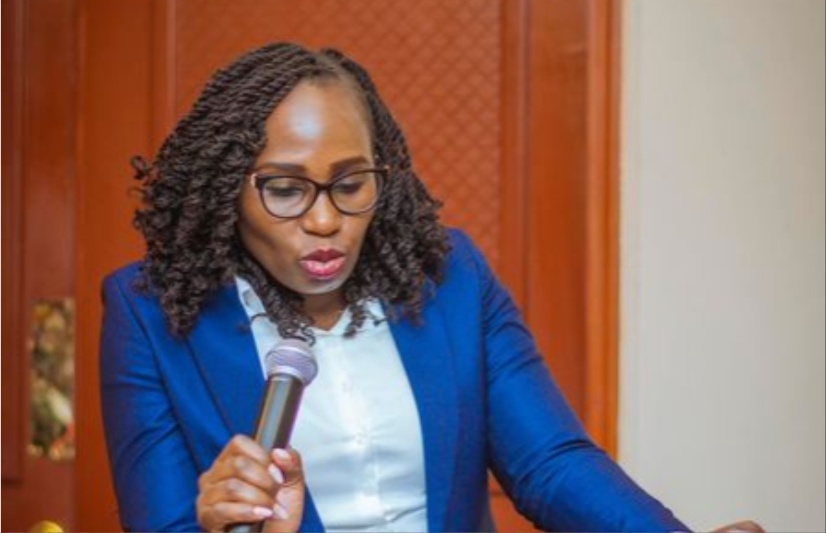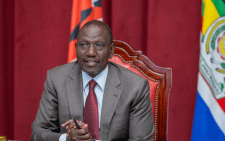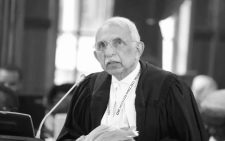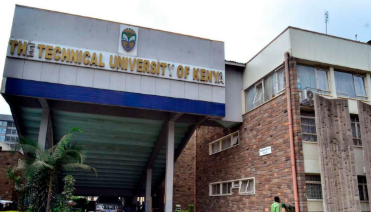Blow to Ruto as LSK declines to participate in debt audit task force

The Law Society of Kenya (LSK) has publicly declined to participate in President William Ruto’s recently announced Presidential Taskforce on Forensic Audit of Public Debt, citing constitutional concerns and existing statutory mandates.
In a press statement issued on July 5, 2024, the LSK took note of Gazette Notice No. 8261, which established the task force to audit Kenya’s public debt within 90 days.
The announcement comes amid growing public scrutiny and demands for transparency regarding the nation’s financial obligations.
The LSK underscored its statutory mandate to protect and assist the public and advise the government on legal matters, uphold the Constitution of Kenya, and advance the rule of law and administration of justice.
However, LSK objected to taking part in Ruto’s debt audit task force citing Article 229 of the Constitution, which clearly delineates the responsibilities of the Auditor-General.
According to the Constitution, the Auditor-General is tasked with auditing public debt within six months after the end of each financial year, a mandate that the LSK insists cannot be superseded by a presidential task force.
“The establishment of this task force is unconstitutional. The mandate to audit public debt rests with the office of the Auditor-General,” the LSK stated.
LSK also mentioned a recent High Court ruling in Ondago v Natembeya & 15 others, which nullified a similar task force created to audit county government debts.
The court emphasized that the proper procedure for such audits involves requesting the Auditor-General to conduct a forensic audit, rather than forming an independent task force.
In light of these constitutional provisions and judicial interpretations, the LSK resolved that neither its president nor any of its members would participate in the task force.
“The Council of the Law Society of Kenya has thus resolved that neither our president nor any of our members shall take up appointments or participate in the said task force,” LSK said.
The LSK’s council, led by President Faith Odhiambo, has advised President Ruto to allow the Auditor-General to perform her constitutional duties without interference.
“The LSK, under its statutory mandate, advises the President to refrain from usurping the Constitutional powers of the Auditor-General through Executive Orders and allow the Auditor-General to perform her constitutional duties.”
“Appointing a Presidential Taskforce to perform duties of existing public offices is not only redundant but also a misuse of scarce public resources,” the LSK noted.
The statement called for the Office on Public Debt Management, which operates under the Treasury and is funded by public money, to provide necessary details of public debt to the Auditor-General for a forensic audit.
The move by the LSK has already stirred significant debate in political and civil circles, reflecting the ongoing tensions between the Executive branch of government and oversight institutions.
It also highlights broader concerns about governance and accountability in managing public resources.
President Ruto’s administration has yet to respond to the LSK’s statement. However, this development adds to the scrutiny his government faces over its handling of public finances, amid rising public debt and economic challenges.
Author
Martin Oduor
The alchemist of literary works - a master wordsmith with a proven record of transforming the raw materials of language into a rich tapestry of emotion, thought, and imagination.
View all posts by Martin Oduor












